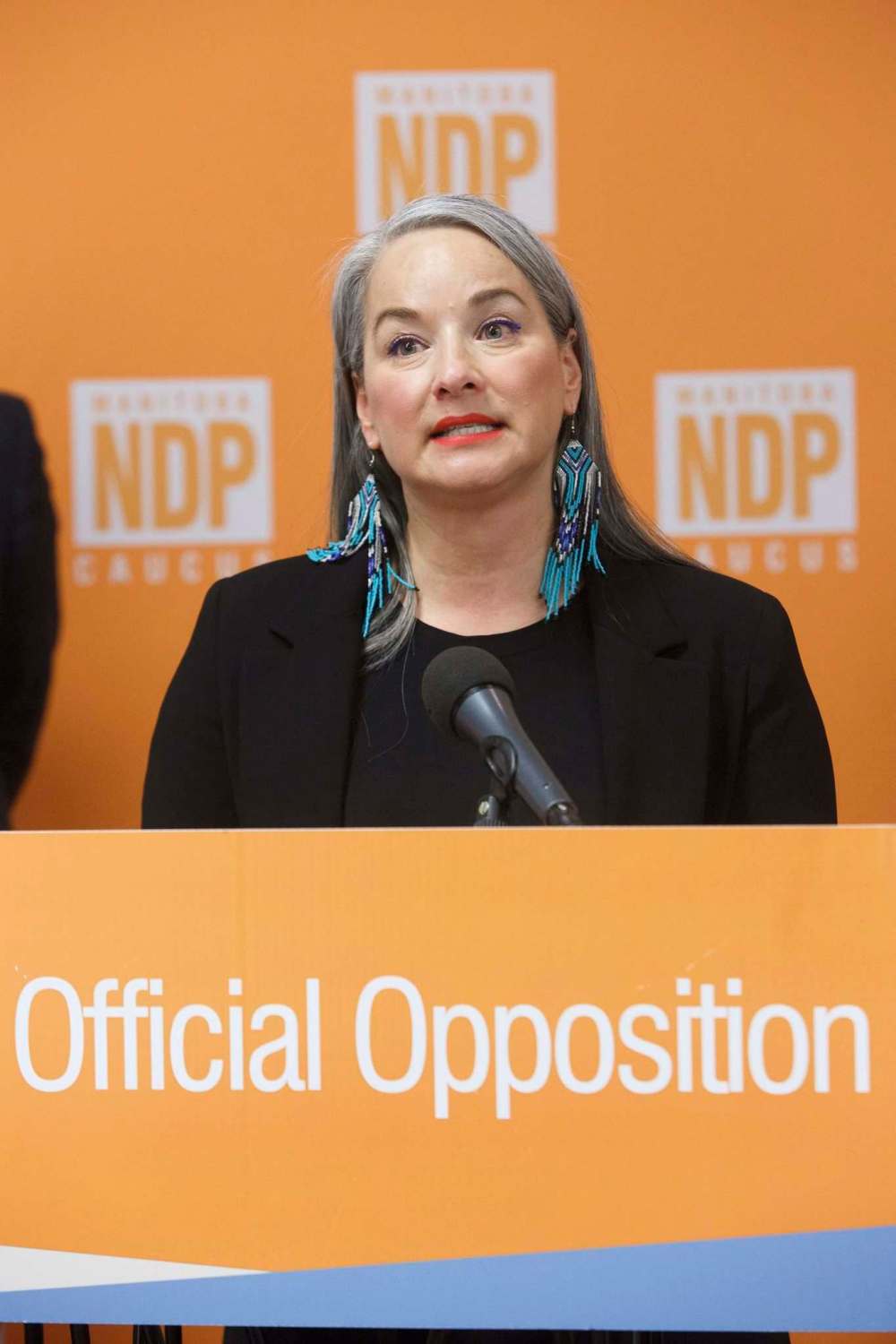Debate continues over plan to phase out education property tax
Debate continues over Manitoba plan to phase out education property tax
Advertisement
Read this article for free:
or
Already have an account? Log in here »
To continue reading, please subscribe:
Monthly Digital Subscription
$0 for the first 4 weeks*
- Enjoy unlimited reading on winnipegfreepress.com
- Read the E-Edition, our digital replica newspaper
- Access News Break, our award-winning app
- Play interactive puzzles
*No charge for 4 weeks then price increases to the regular rate of $19.00 plus GST every four weeks. Offer available to new and qualified returning subscribers only. Cancel any time.
Monthly Digital Subscription
$4.75/week*
- Enjoy unlimited reading on winnipegfreepress.com
- Read the E-Edition, our digital replica newspaper
- Access News Break, our award-winning app
- Play interactive puzzles
*Billed as $19 plus GST every four weeks. Cancel any time.
To continue reading, please subscribe:
Add Free Press access to your Brandon Sun subscription for only an additional
$1 for the first 4 weeks*
*Your next subscription payment will increase by $1.00 and you will be charged $16.99 plus GST for four weeks. After four weeks, your payment will increase to $23.99 plus GST every four weeks.
Read unlimited articles for free today:
or
Already have an account? Log in here »
Hey there, time traveller!
This article was published 03/08/2021 (1593 days ago), so information in it may no longer be current.
As parents and students prepare for the province’s back-to-school reopening plan to be unveiled this week, questions remain about how Manitobans are to be taxed for it — or not.
As part of the province’s plan to phase out the education portion of property taxes, the spring budget announced a 25 per cent education property tax rebate would be sent to residential and farm owners this year (around the time they’d get their tax bills).
The cheque mail-out received a lot of attention and government promotion, while the budget’s 25 per cent reduction to the education property tax credit for renters did not.

“From our perspective, the ones more impacted have been renters, as they now receive the $525 credit on their taxes versus $700 before the change,” said chartered professional accountant Mark Jones.
The province said by capping rent increase guidelines at zero for this fiscal year and the next, renters would benefit.
“There are measures in place to offset that, I realize, but anecdotally it’s more of an impact to renters than homeowners,” Jones said.
The 25 per cent rebate cheque for most farm and residential property owners is tax-free income and will amount to much more than the 25 per cent reduction in education property tax credit.
“It’s possible for some homeowners that the reduction in the $700 credit to $525 plus 25 per cent of the gross school taxes cancels each other out — or in fact is worse — but the majority of homeowners will see a savings,” Jones said.
Manitoba’s finance department said in written responses to questions the plan to eliminate education property taxes is a policy that will affect all properties universally, which no existing tax credit currently does.
Even the most popular — education property tax credit — is not universally applied to all properties. Secondary properties such as cottages and commercial property, for instance, are excluded.
“By issuing the rebate as a separate transaction, the Manitoba government ensured that property owners received the benefit of the reductions no matter their ownership situation,” the finance department said.
NDP house leader Nahanni Fontaine said instead of mailing out rebate cheques, the government could’ve waited and increased the education property tax credit at income tax time.
“Fundamentally, they want to buy popularity and votes,” the MLA for St. Johns said.
The finance department said it felt it was important property owners receive the rebate prior to their tax due date, and tied the cheques to each municipality’s tax statement dates, which range from June to December.
Most homeowners who claimed the education property tax credit did so up front through tax incremental payment plans (TIPP) or claiming it at the time of taxes being due — which are separate from spring tax season, it said.
“By providing the rebate as the province has, nobody has to pay the tax up front to claim it back later. Second, the amount rebated was calculated off gross taxes owing, so there was never a situation where the proportional credit reduction exceeded the amount of the rebate.”
The estimated 658,000 rebate cheques to property owners cost $2 each to send, totalling an estimated $1.3 million, finance department officials said earlier.
On Friday, they defended sending out cheques, saying they’re a safe and reliable payment option to property owners, and the province does not have electronic fund transfer information for them.
Fontaine said the rebate cheques are helping those who need it least right now, and Manitobans know it.
“They want to see a real investment in things that matter and specifically in respect of the next generation of children, like education,” she said. “Even though it was a very obvious attempt at mitigating the premier’s unpopularity and the PC party’s unpopularity, it backfired,” she said, referring to Premier Brian Pallister’s plummeting popularity in polls.
“It’s very short-term thinking and not beneficial for Manitobans in any way.”
carol.sanders@freepress.mb.ca

Our newsroom depends on a growing audience of readers to power our journalism. If you are not a paid reader, please consider becoming a subscriber.
Our newsroom depends on its audience of readers to power our journalism. Thank you for your support.
History
Updated on Tuesday, August 3, 2021 8:20 AM CDT: Adds photo


